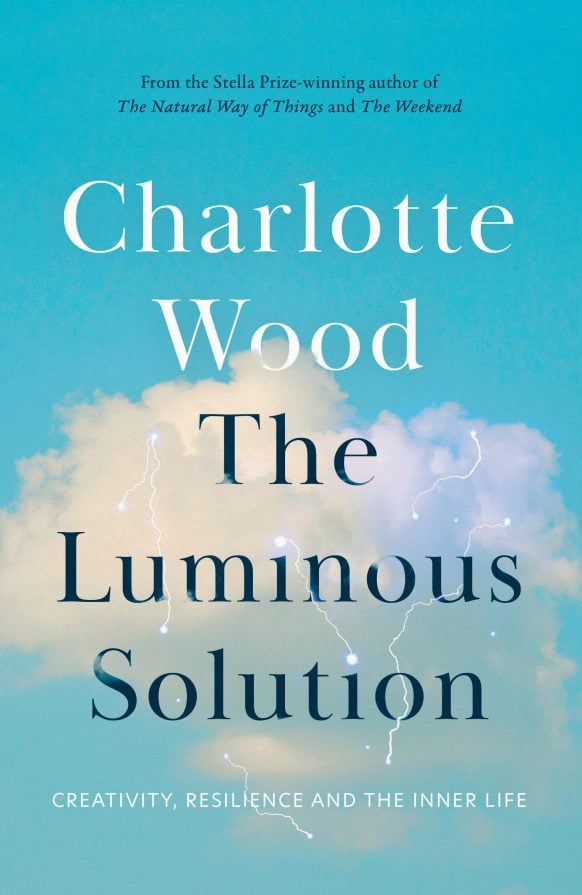The Luminous Solution by Charlotte Wood
This is a series of essays, many previously published in magazines and newspapers, but brought together in this one volume. As each essay is complete in of itself, you can dip into this book as you please.
I found so much in this book: sometimes I felt a huge sense of the author reading my mind; other times she challenged some long held beliefs. But always, I felt that I was in safe hands, as Woods is never judgemental or preachy. She is immensely honest and generous.
Here are some of my favourite quotes:
Fertile Ground (nourishing the inner life): ‘When first learning to meditate, we’re sent into a state of alarm. For most of us, stillness gives rise to dread. Yet in those times my imaginative world has been most alive. I’ve learned something that felt important: stillness is not a void; it’s a well.’
‘I suspect this paradoxical fear of and need for emptiness is why artists have always been such enthusiastic walkers….silent walking allows the mind to empty without the paralysing fear of stillness.’
‘So many in our world live in the midst of unspeakable pain, and as individuals we have no way of easing most of it. But it feels important to say that, despite this, we’re allowed to protect and nurture that which helps each us to live fully. Soon we’ll die, but right now we’re alive – let’s not waste that outrageous luck. We have a right to joy. ‘
An Element of Lightness (laughter as a creative force): ‘So what do I mean when I say laughter, as opposed to comedy, or even humour? The distinction is perhaps a fine one, but also to my mind important. What I’m talking about is something beyond, of possibility that comes when laughter enters a work of art, whether it’s manifest on the page or merely part of the writer’s process. For laughter is a sharp instrument, it turns out, capable of performing may crucial, even profound functions. ‘
The Paint Itself (the world inside the sentence): ‘The work of a writer, day to day, is in playing with sentences. Weighing and balancing them, interrogating them for precision. And the focus on subject matter and theme – those topics that become shorthand descriptors, like trauma or misogyny or aging – seems to miss the point of what art is really for. ‘
Reading Isn’t Shopping (why creativity needs disturbance): This particular essay really challenged me! Wood looks at the current expectation that works are only of value if they are ‘relatable’. And she argues that this is a result of ‘consumer culture’, where ‘every interaction is followed by a request for a star rating, a thumbs-up or thumbs-down. We’ve been slowly but thoroughly trained to see the world in terms of its capacity to please us…’ She goes on to interrogate the ‘deification of empathy’. She quotes Sarah Sentinels who writes that society must embrace ‘unknowable otherness’. Otherwise, if we rely on empathy; a sense of sameness to act ethically, what happens if we cannot find that sense of likeness? It’s easy to act ethically when we feel ‘they’ are just like ‘us’; the challenge is to still act ethically when ‘they’ are different to ‘us’.
On Gods and Ghosts (Catholicism, contradiction and creativity): having been raised in the Catholic tradition, a lot of what Wood says about her experience resonates with me! ‘If Catholicism formed my writing as definitively as it formed me, if it is one of my potent inner objects, my crystals, what might be the refractive glints coming off it?’
‘But maybe the most powerful gift my religious upbringing gave me was my ambivalence towards it, and the resulting ability to dwell in a place of tension and discomfort that will never be eased. ‘
Reviewed by Gaby Meares
Murder on a Monday Reading Group
Find this book in SMSA Library

